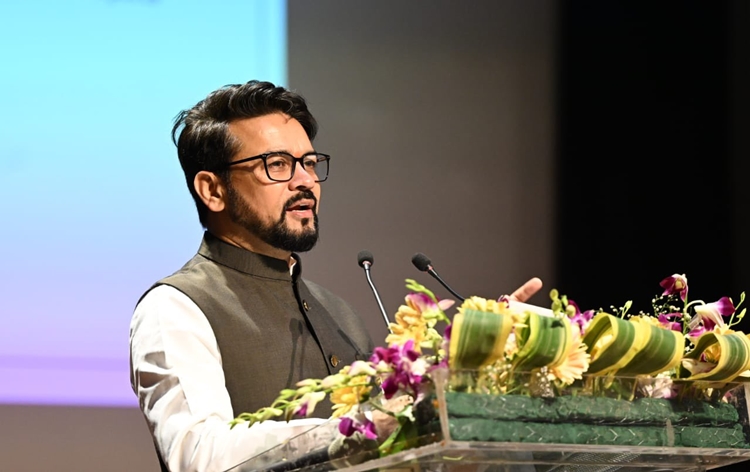OTT platforms like Amazon Prime, Netflix, and Disney Hotstar may soon come under the purview of censorship as the Ministry of Information and Broadcasting in India has prepared a draft for a new Broadcasting Services Bill. This draft introduces new regulations for OTT content, satellite cable TV, DTH, IPTV, digital news, and current affairs.
Under the proposed regulations, OTT channels will be required to register with the government, providing subscriber details. The stringent laws may lead to increased costs for OTT platforms, potentially resulting in higher subscription fees for consumers.
The bill, comprising 6 chapters, 48 clauses, and three schedules, is set to replace the existing Cable Television Networks (Regulation) Act, 1995, and other guidelines related to broadcasting. The government has invited suggestions and objections on this proposal until December 9.
Additional Regulations Extend to Cable TV Programming
Independent journalists and bloggers running channels on platforms like YouTube focusing on news or current affairs will also face scrutiny. The impact will extend to online papers, news portals, and websites, while professional news newspapers and their online versions remain exempt.
Content currently available on OTT channels may also be broadcast on satellite cable networks in the future, broadening the reach of age-rated programs.
Penalties for Violating Regulations
To monitor content on OTT platforms, a Broadcasting Advisory Council (BAC) will be established. The council, led by a person with 25 years of media experience, will consist of five government and five non-government members. Violating the code of conduct may result in temporary suspension, expulsion, advisory warnings, condemnation, or fines up to ₹5 lakhs for OTT platforms.
These proposed regulations indicate a significant shift in the oversight of digital content and broadcasting in India, raising concerns about censorship and potential financial implications for both content creators and consumers. The draft will undergo further scrutiny and public input before becoming law.














